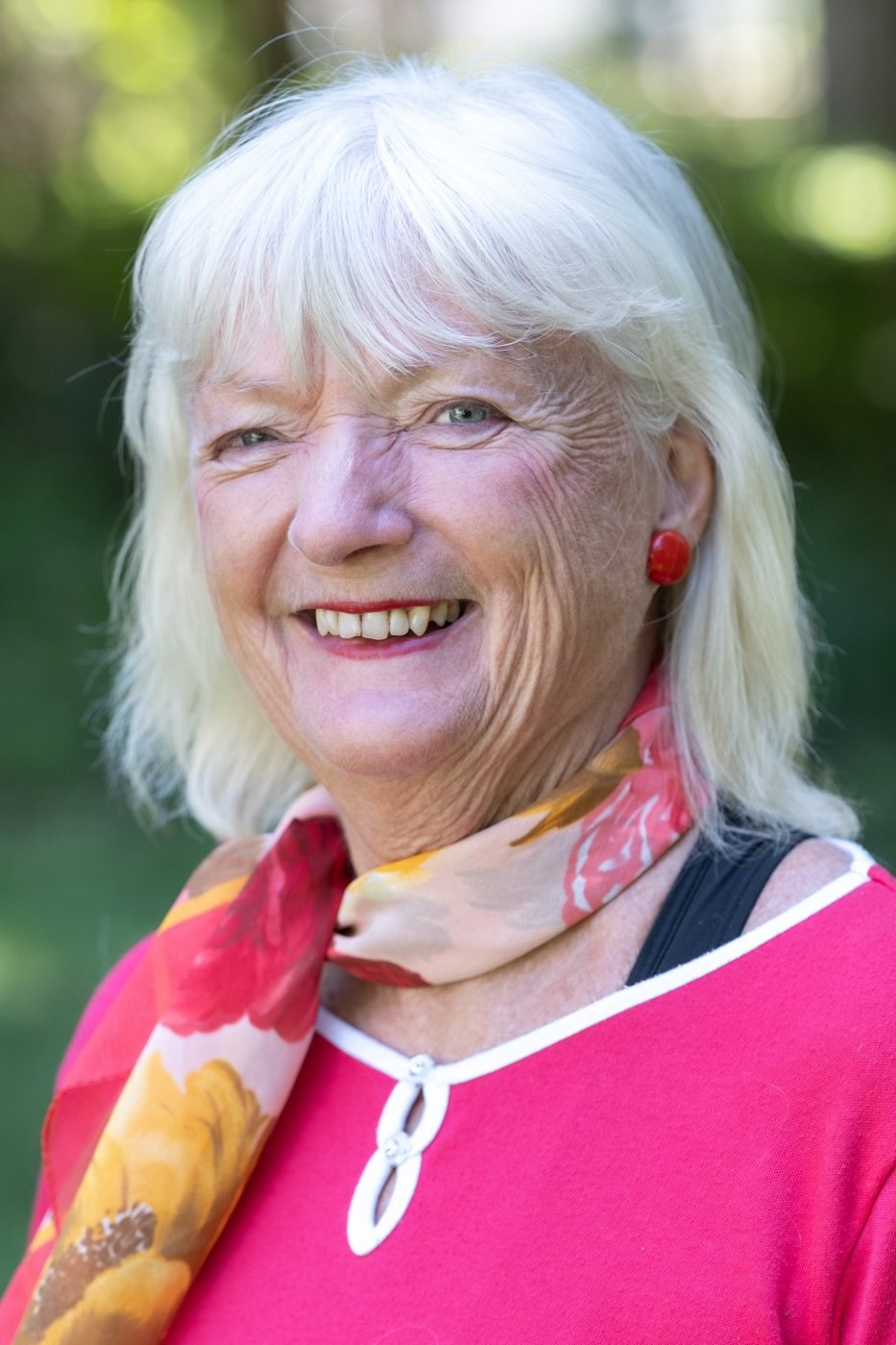HALIFAX — A small town in Nova Scotia's Annapolis Valley elected its first all-women council last week, a "historic" result at a time when women continue to face barriers to entering local politics, says a member of the Federation of Canadian Municipalities.
Adele MacDonald, Lynn Myers, Sybil Skinner Robertson and Heather Sadkowski were elected to the five-person council in the town of Annapolis Royal, N.S., in the Oct. 19 election. Amery Boyer was re-elected for a second term as mayor of the town, which had a population of about 530 people according to the 2021 census.
Boyer, 72, has had a long career working for federal and provincial governments, as well as the private sector. Born and raised during a time when women in senior roles — regardless of the industry — was uncommon, Boyer credits her success to her supportive family, and her decision to take advantage of a federal work program that favoured women who could speak French.
"I definitely benefited from that boost that I got in the late '70s," she said about the federal government's bilingualism initiative. "Had that not been around, I doubt I'd be here now."
Skinner Robertson, 60, a newcomer to politics, said she remembers a "bizarre time where women were viewed as less capable." Coming from a clinical research background and holding a PhD in pharmacology, Skinner Robertson said she's excited to be part of the all-women council.
Though the representation of women in public office has increased over the years, there is still a gender disparity in municipal politics. A study by the Federation of Canadian Municipalities found that in 2023 women represented 31 per cent of all elected municipal representatives in Canada — and were under 40 per cent in Nova Scotia. Sixteen per cent of municipalities in Canada had no women on councils at all.
Rebecca Bligh, president of the Federation of Canadian Municipalities and a city councillor in Vancouver, said the all-women council is "wonderful to see."
"This is really … a historic moment in municipal politics for our country that despite all barriers to entry, we can still turn out an all-women council in municipal government in our country," Bligh said in an interview Friday.
Bligh's group advocates for gender parity on municipal councils, explaining that an equal number of men and women in local politics is "healthy" for society. "I think women bring very unique skills to collaboration and communication and can have a different outlook on what solutions could be brought forward to address some of our most critical challenges," she said.
The under-representation of women on municipal councils is a "complex" issue, Bligh said. She said female candidates face more scrutiny over their qualifications than men do, adding that female politicians receive far more hate and harassment online. As well, she said, there is increasingly a disproportionate number of women who are quitting politics.
In Nova Scotia, then-mayor of Cape Breton Regional Municipality Amanda McDougall-Merrill announced she would not run for re-election. McDougall-Merrill — the first female mayor of the municipality — told CBC News last spring she had to "prove (herself) much more than any man" that came before her. She also noted facing harassment online, some of which targeted her family.
Montreal Mayor Valérie Plante, the first woman elected to the city's top job, announced Wednesday she wouldn't seek re-election, explaining she doesn't have the energy for a third term. And while she didn't say that the online hate directed to her over the years was a factor in her decision, she has had to limit comments on her socials because of the torrent of harassment she often received.
While online vitriol is a significant issue, Boyer, Skinner Robertson and Bligh all noted the stress of balancing family and public duties as a deterrent for some women pursuing municipal office. Skinner Robertson explained women can sometimes be doing the bulk of the "brain work" in their families, leaving little time and energy to participate in politics. Boyer added that a four-year term is also a "huge commitment" for women tasked with child or elder care.
In Nova Scotia, the towns of Mulgrave, Clark's Harbour, Lockeport, Stewiacke, Wolfville, Kentville and Lunenburg, as well as the district of Lunenburg had more women on their councils than men over the 2020-2024 period, according to the Nova Scotia Federation of Municipalities.
This report by The Canadian Press was first published Oct. 25, 2024.
Cassidy McMackon, The Canadian Press

